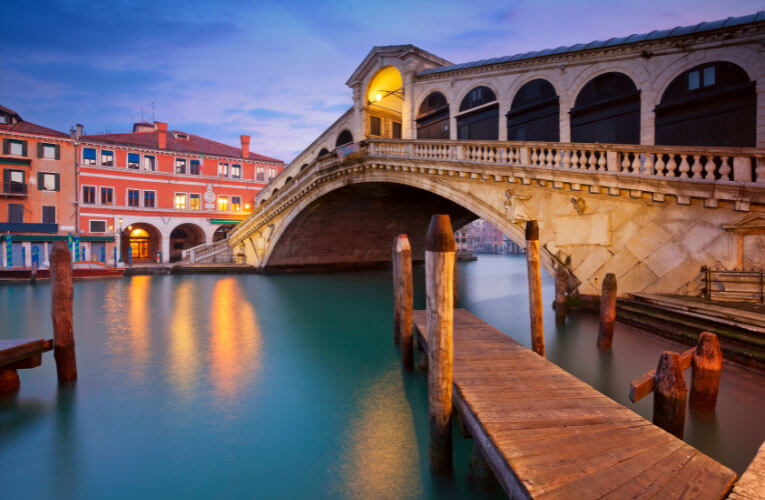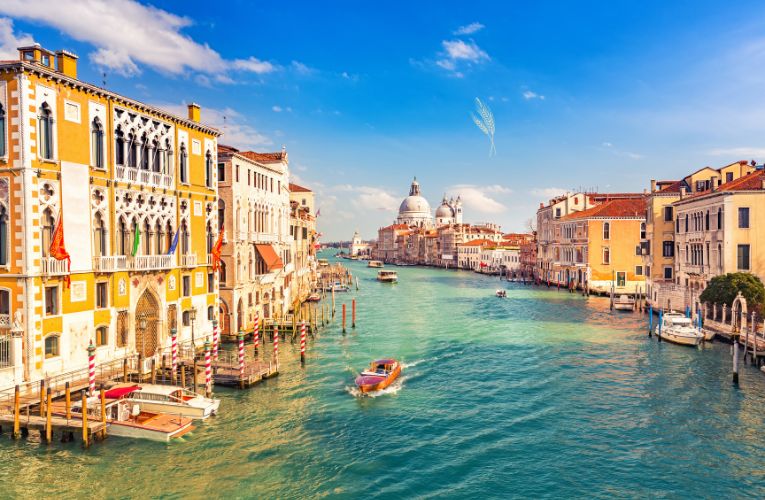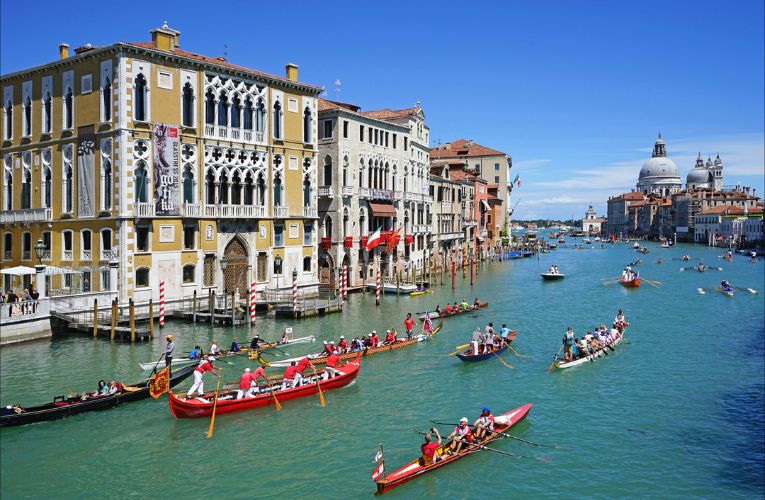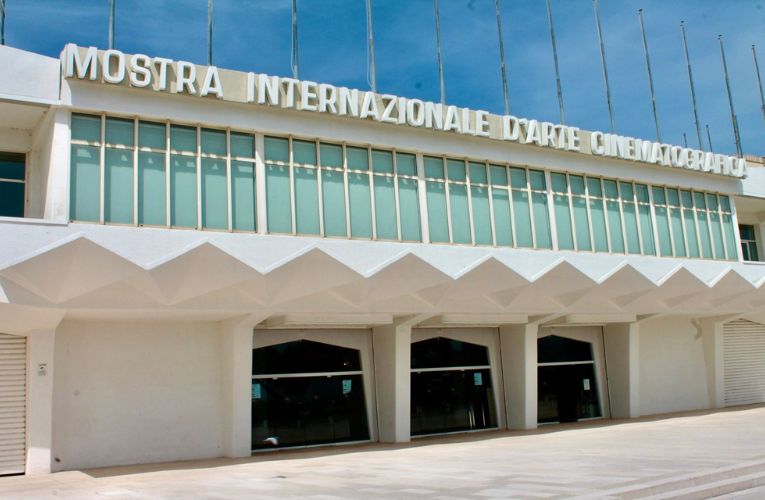
Why is Venice called 'La Serenissima'?

18 September 2024 - Curiosity
Venice, with its timeless charm and extraordinary history, is known by the title "La Serenissima." But what does this epithet really mean, and why was it attributed to the lagoon city? In this article, we will explore the roots of this prestigious nickname and the reasons that consecrated it.
Governance and Stability
The title "La Serenissima" reflects the historical stability of the Republic of Venice, which was founded in 697 and lasted until 1797. During these centuries, Venice distinguished itself for its exceptionally organized and peaceful governance. The long duration of the Republic, combined with an efficient and well-structured political system, conferred upon the city a reputation for calm and stability, rare for the era.
Neutrality and Diplomacy
Another fundamental aspect of the nickname "La Serenissima" is linked to the neutrality that Venice managed to maintain throughout the numerous European conflicts. The city, while situated at the center of geopolitical tensions, adopted a diplomatic approach that allowed it to preserve peace within its borders and avoid direct involvement in the wars plaguing the continent. This strategy helped maintain the serenity of the city, consolidating its reputation for tranquility.
Greatness and Refinement
Venice was also renowned for its architectural grandeur and the beauty of its canals. The city, with its splendid palaces, opulent churches, and refined culture, emanated an aura of elegance and prestige. This perception of greatness and refinement played a crucial role in bestowing upon Venice the title of "La Serenissima," highlighting not only its political and diplomatic importance but also its cultural and artistic status.
The title "La Serenissima" is not just a recognition of Venice’s stability and neutrality but also a tribute to its architectural greatness and refined culture. This designation reflects a historical period of prestige and tranquility that contributed to shaping the legendary reputation of the city.




